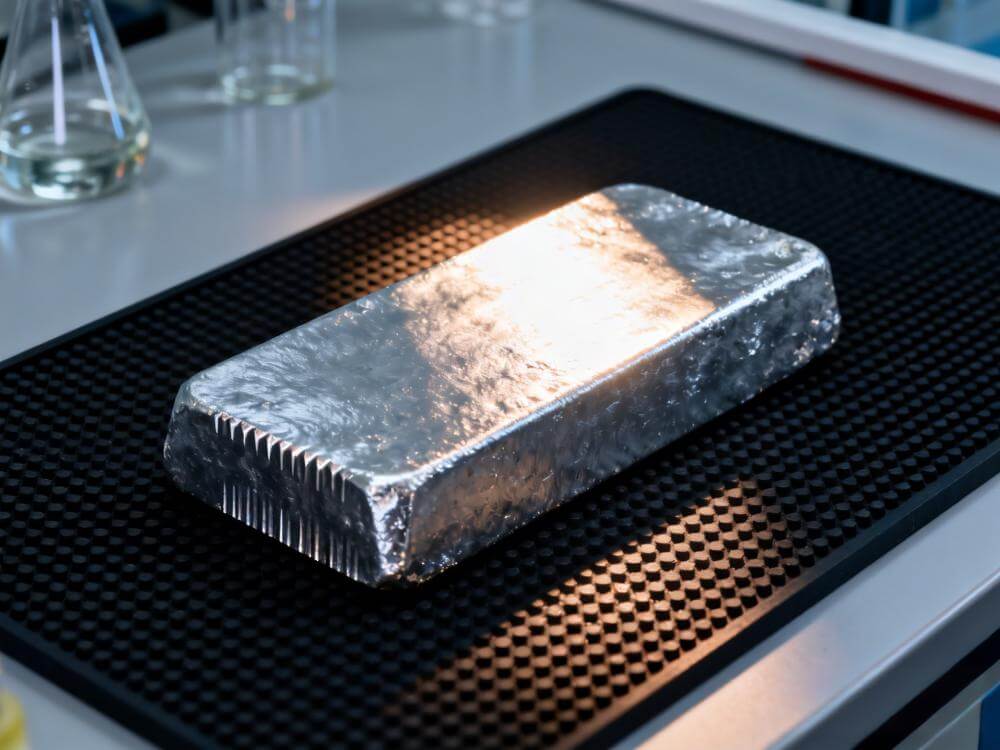เข้าเข้าสู่ระบบ
THUPDATE 1-China Newspaper Slams Mining Firm after Spill
คำชี้แจงแหล่งที่มาของข้อมูล: นอกจากข้อมูลที่เปิดเผยต่อสาธารณะแล้ว ข้อมูลอื่นๆ ทั้งหมดได้รับการประมวลผลโดย SMM จากข้อมูลสาธารณะ การสื่อสารกับตลาด และการพึ่งพาแบบจำลองฐานข้อมูลภายในของ SMMข้อมูลเหล่านี้มีไว้เพื่ออ้างอิงเท่านั้น ไม่ถือเป็นข้อเสนอแนะในการตัดสินใจ
หากมีข้อสงสัยหรือต้องการทราบข้อมูลเพิ่มเติม กรุณาติดต่อ: lemonzhao@smm.cn
หากต้องการข้อมูลเพิ่มเติมเกี่ยวกับวิธีการเข้าถึงรายงานการวิจัยของเรา โปรดติดต่อ:service.en@smm.cn
![[การวิเคราะห์ SMM] ตลาดทังสเตนโลกยังร้อนแรงช่วงตรุษจีน: ยุโรปขาดแคลน อินเดียขยะโลหะปรับขึ้น](https://imgqn.smm.cn/production/admin/news/cn/thumb/gsyYF20180628085444.jpeg?imageView2/1/w/176/h/110/q/100)
![[การวิเคราะห์ SMM] การชะลอตัวของโลจิสติกส์ก่อให้เกิดการหยุดชะงักของการไหลของสินค้า สินค้าคงคลังสแตนเลสสตีลในสังคมเพิ่มขึ้นชั่วคราว](https://imgqn.smm.cn/usercenter/tjmLW20251217171722.jpeg)

